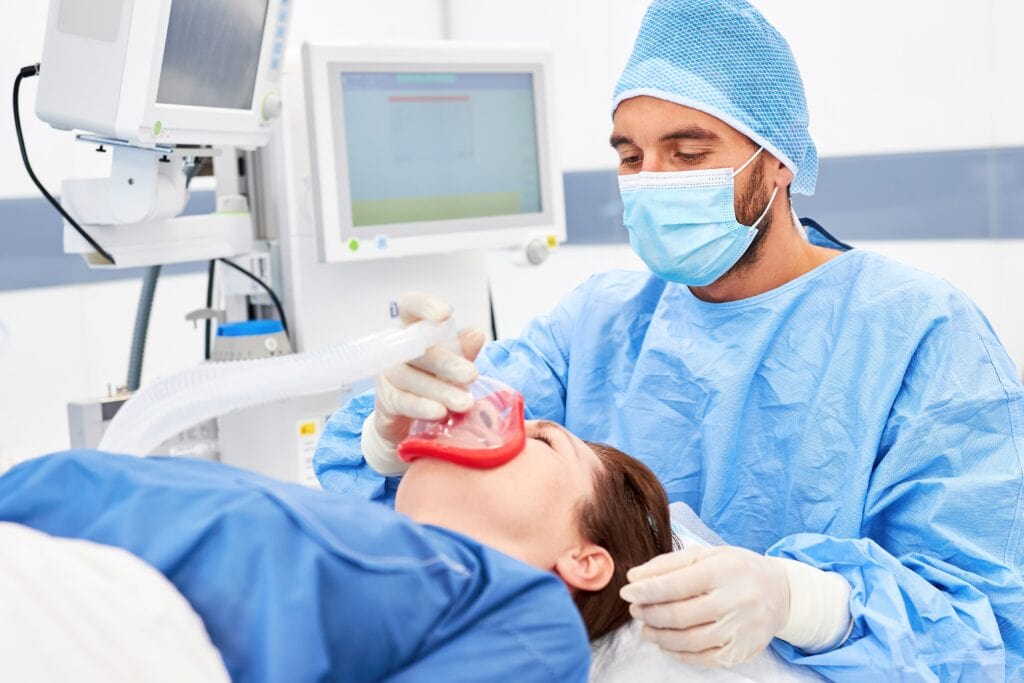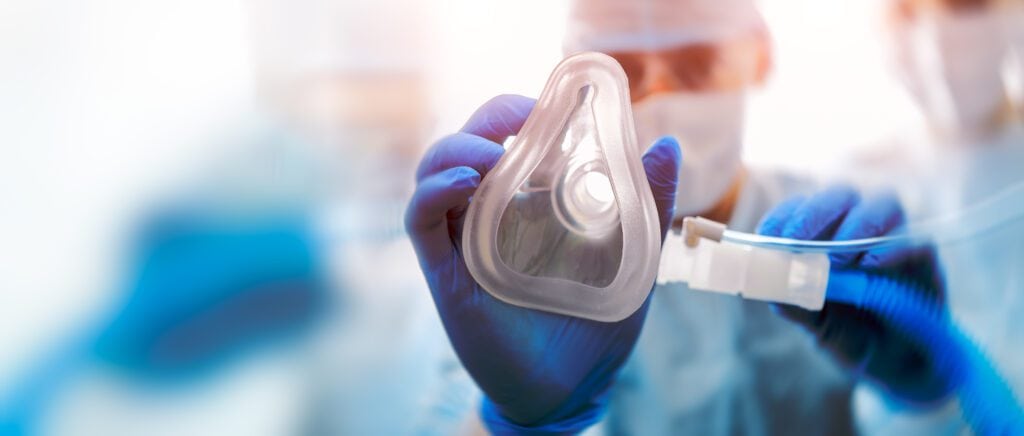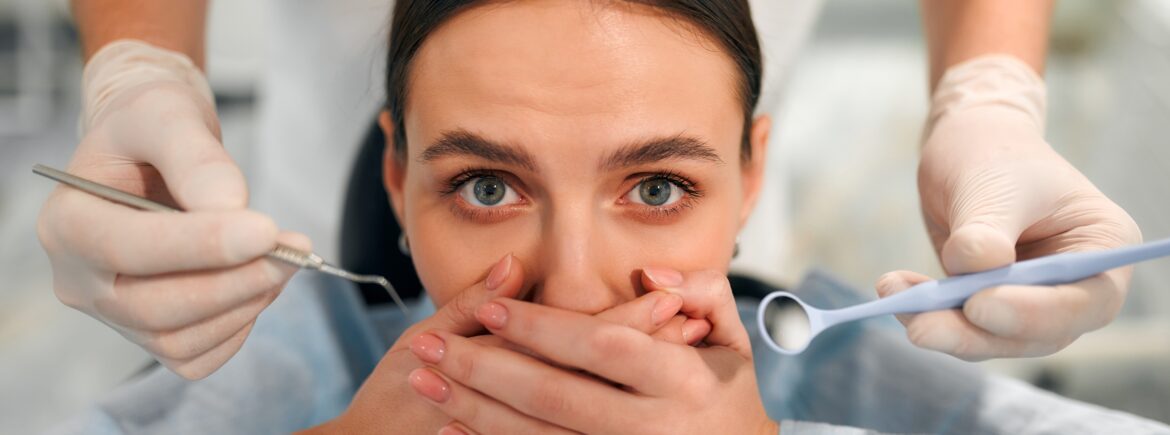Can Dental Sedation Help with Sensitive Gag Reflex?
Many people find a trip to the dentist overwhelming due to a sensitive gag reflex, but there are straightforward solutions available. Dental sedation offers a practical approach to managing this reflex, ensuring your comfort during dental procedures. Our Perth dental clinic specialises in various sedation techniques tailored to meet individual needs and concerns. By choosing the right type of sedation, you can experience a stress-free visit with your Perth dentist, free from the anxiety associated with your gag reflex.

Why Gag Reflexes Can Ruin Your Dental Visit
A gag reflex is a natural response that helps protect your throat and airways from objects that might cause choking. However, during a dental visit, this reflex can become a bit of a problem. Here’s why a sensitive gag reflex can make dental procedures challenging:
Discomfort and Anxiety: If you have a sensitive gag reflex, even simple dental tools in your mouth can trigger gagging. This can make you feel uncomfortable and anxious during the procedure.
Difficulty for the Dentist: When a gag reflex kicks in frequently, it can be tough for the dentist to work efficiently. This might mean longer and more complex appointments.
Limits on Dental Care: Some people may avoid going to the dentist altogether because they’re worried about gagging. Skipping regular check-ups can lead to bigger dental issues down the road.
Understanding your gag reflex and discussing it with your South Perth dentist can help manage this reflex and make your dental visits smoother and more comfortable.
Common Causes of Gag Reflex
Understanding what triggers your gag reflex can be the first step in managing it during dental visits. Here are some common causes that might make you gag more easily when you’re in the dentist’s chair:
Touch to the Roof of the Mouth: Some people have a highly sensitive area on the roof of their mouth. When dental instruments touch this spot, it can trigger gagging.
Touch to the Back of the Tongue: The back of the tongue is another sensitive area. Even slight contact here during dental procedures can start a gag reflex.
Anxiety and Nerves: Feeling nervous or anxious can heighten your gag reflex. The more anxious you are, the more likely you are to gag.
Recognising these triggers can help you and your dentist create a more comfortable experience, possibly by using different techniques or sedation options to reduce sensitivity and anxiety.
How Dental Sedation Works
Dental sedation can be a game changer if you have a sensitive gag reflex. It works by relaxing you and reducing your body’s reflexive responses, making your dental visits much more comfortable. Here’s how it helps with gag reflexes:
Relaxes Your Muscles: Sedation helps to relax the muscles in your mouth and throat. This relaxation reduces the likelihood of triggering the gag reflex during dental procedures.
Calms Your Nerves: By reducing your overall anxiety and stress levels, sedation helps prevent the nervous anticipation that often exacerbates gagging.
Slows Reflex Responses: Sedatives can slow down your reflexes, including the gag reflex. With slower reflex responses, dental tools and procedures are less likely to trigger a gag.
Improves Comfort and Tolerance: Sedation helps you tolerate longer procedures without discomfort, allowing your dentist to work more efficiently and effectively.
Choosing the right type of sedation depends on your specific needs, and discussing your concerns with your dentist will help you find the most suitable option. Whether it’s a mild sedative to keep you calm or something stronger for more intensive procedures, there’s a solution that can make your dental care experience better.

Choosing the Right Sedation for Your Needs
Choosing the right type of sedation for your dental treatment is crucial to ensuring your comfort, especially if you have a sensitive gag reflex. Here’s a breakdown of the most common types of sedation used in dentistry, which can help you decide the best option for your needs:
Nitrous Oxide (Laughing Gas)
What it is: A gas inhaled through a mask placed over your nose.
How it works: It relaxes you, but you remain conscious and can respond to instructions.
Best for: Minor procedures and patients who prefer a quick recovery from sedation.
Oral Sedation
What it is: Medication taken by mouth about an hour before the procedure.
How it works: It makes you drowsy and less aware of your surroundings, but you’re still awake.
Best for: Patients who need a stronger level of sedation than nitrous oxide but still want to remain conscious.
IV Sedation
What it is: Sedative drugs administered through a vein, allowing quick adjustment of sedation levels.
How it works: It puts you into a deep state of relaxation, and you may not remember much about the procedure. You’re not completely asleep; it’s more like being in a dream-like state.
Best for: More extensive procedures like wisdom teeth removal in Perth and patients who want deeper sedation without being completely under.
General Anaesthesia
What it is: Medication that induces a state of unconsciousness.
How it works: You are completely asleep and unable to feel pain during the dental procedures.
Best for: Extensive surgeries or for patients who cannot be adequately managed with other forms of sedation due to anxiety or gag reflex.
Discuss these options with your dentist to determine which sedation method aligns best with your medical history, level of anxiety, and the specifics of the dental procedure you require. Your comfort and safety are the top priorities.
What to Expect Before, During, and After Sedation
When opting for dental sedation, it’s important to know what to expect before, during, and after the procedure. Being prepared can help you feel more at ease and ensure a smooth experience. Here’s a clear breakdown of each phase:
Before Sedation
Consultation: You’ll discuss with your dentist about choosing the appropriate sedation type based on your health history and dental needs.
Instructions: Follow any specific instructions from your dentist, like fasting from food and drink for a certain period before sedation.
Arrangements: Since you won’t be able to drive after sedation, arrange for someone to bring you to and from the clinic.
During Sedation
Administration: Depending on the type, sedation will be administered either through inhalation, orally, or via IV.
Monitoring: Your vital signs will be continuously monitored to ensure your safety throughout the procedure.
Comfort: The goal is to make you as comfortable as possible, reducing any anxiety or discomfort associated with dental work.
After Sedation
Immediate Recovery: You will spend some time in the recovery area as the sedation wears off. The duration will depend on the type of sedation used.
Home Rest: Once home, rest is crucial. Avoid strenuous activities for at least 24 hours.
Side Effects: It’s common to experience some grogginess or nausea post-sedation; these effects usually diminish within 24 hours.
Follow-Up: Follow any additional care instructions provided by your dentist and schedule a follow-up appointment if necessary.
By understanding these steps, you can feel more prepared and relaxed about using dental sedation for a stress-free dental visit.
Join Us for a Stress-Free Dental Experience
Experience the comfort of stress-free dental care with our sedation dentistry options. Whether you’re dealing with a sensitive gag reflex or just looking for a more relaxed visit, we’re here to help. Our team is skilled in providing a range of sedation methods tailored to your needs, ensuring your dental procedures are as comfortable and anxiety-free as possible.
Acts Dental is a Medibank preferred provider, HBF preferred provider, HCF preferred provider, Bupa preferred provider, and NIB preferred provider dentist in Perth.
To discuss how sedation dentistry can transform your dental experience, simply give us a call (08) 9474 5083 or visit our website today to book a consultation.


